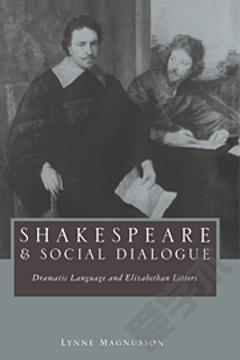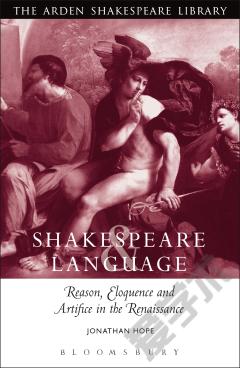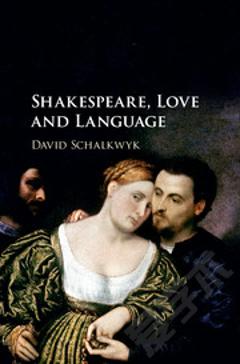Shakespeare and Social Dialogue: Dramatic Language and Elizabethan Letters
Shakespeare and Social Dialogue deals with Shakespeare's language and the rhetoric of Elizabethan letters. Moving beyond claims about the language of individual Shakespearean characters, Magnusson analyses dialogue, conversation, sonnets and particularly letters of the period, which are normally read as historical documents, as the verbal negotiation of specific social and power relations. Thus, the rhetoric of service or friendship is explored in texts as diverse as Sidney family letters, Shakespearean sonnets and Burghley's state letters. The book draws on ideas from discourse analysis and linguistic pragmatics, especially 'politeness theory', relating these to key ideas in epistolary handbooks of the period, including those by Erasmus and Angel Day and demonstrates that Shakespeare's language is rooted in the everyday language of Elizabethan culture. Magnusson creates a way of reading both literary texts and historical documents which bridges the gap between the methods of new historicism and linguistic criticism.
{{comment.content}}








 京公网安备 11010802027623号
京公网安备 11010802027623号